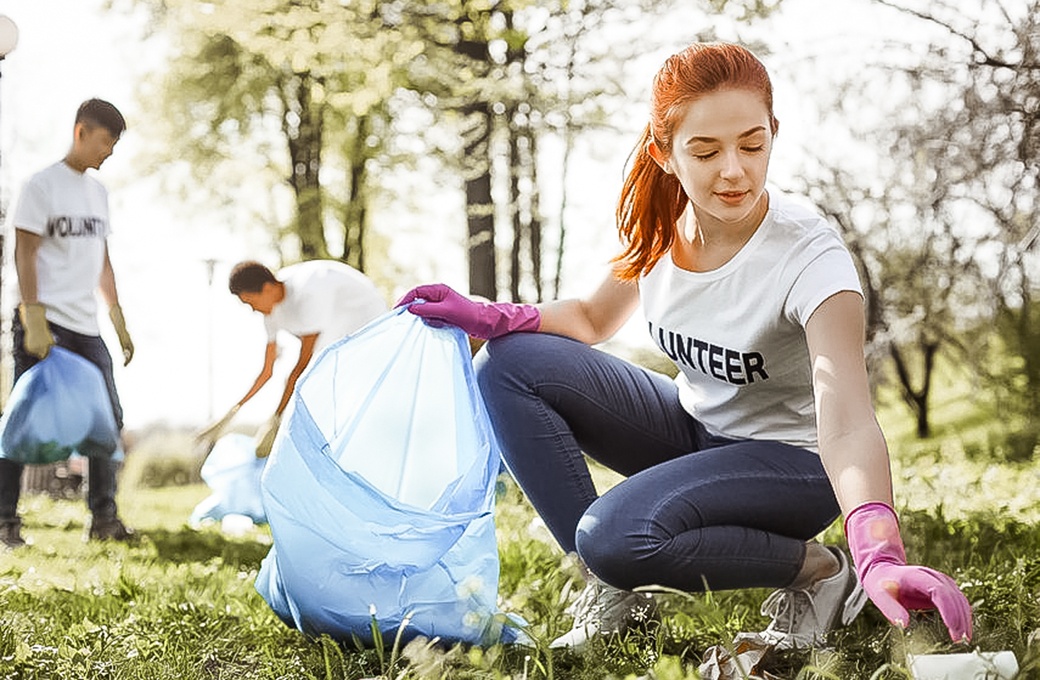Raising An Eco-Conscious Teen

You don’t have to be a treehugger to know that climate change is real and our planet is in trouble. And it’s really going to be today’s teens that will lead the way in sustainable environmental solutions. In this episode, we are joined by eco-friendly entrepreneur Phnewfula Frederiksen to share tips on raising an eco-conscious teen.
Tune In
APPLE | SPOTIFY | ANDROID | GOOGLE | TUNEIN | STITCHER
Leave a Review
In this episode, we discuss…
- Why going green matters
- What we can do to set a better example for our kids
- How to reuse and repurpose in addition to recycling
- How to make recycling easier
- Why you should bulk shop to decrease waste
- How to incorporate sustainability into your everyday life
- How to use your influence to create change
- Creative ways to help your kids be more eco-friendly
- How you can affect change through legislation and activism
- Ways to measure the difference that you are making by changing your habits
We won’t pretend that climate change and our environmental issues aren’t bigger than us as individuals. But that doesn’t mean that our everyday actions don’t make a difference. Because they do. And teaching our teens the importance of being eco-conscious now will help them have a better future.

